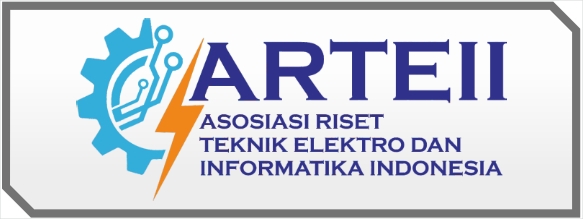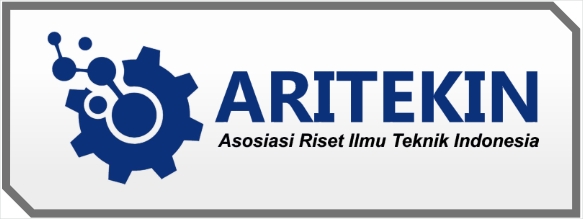Integrating Artificial Intelligence in Education Challenges and Opportunities for 21st Century Learning
DOI:
https://doi.org/10.55606/icesst.v1i2.491Keywords:
Artificial Intelligence, Education, Learning, Challenges, OpportunitiesAbstract
The integration of Artificial Intelligence (AI) in education presents both challenges and opportunities for 21st-century learning. This study explores the transformative potential of AI in enhancing personalized learning, adaptive assessments, and intelligent tutoring systems. The research aims to identify the key barriers to AI adoption in educational settings, including ethical concerns, data privacy, and technological infrastructure. Utilizing a qualitative approach, data were collected through literature reviews and expert interviews. The findings indicate that while AI can significantly improve learning outcomes and administrative efficiency, its implementation requires strategic planning, teacher training, and regulatory frameworks. This study highlights the importance of balancing AI-driven innovation with ethical considerations to maximize its benefits in education.
References
Braun, V., & Clarke, V. (2006). Using thematic analysis in psychology. Qualitative Research in Psychology, 3(2), 77-101.
Bryman, A. (2016). Social Research Methods. Oxford University Press.
Chen, X., Xie, H., Zou, D., & Hwang, G. J. (2020). Application and theory gaps during the rise of Artificial Intelligence in Education. Computers and Education: Artificial Intelligence, 1, 100002.
Creswell, J. W., & Plano Clark, V. L. (2017). Designing and Conducting Mixed Methods Research. SAGE Publications.
Davis, F. D. (1989). Perceived usefulness, perceived ease of use, and user acceptance of information technology. MIS Quarterly, 13(3), 319-340.
Field, A. (2018). Discovering Statistics Using IBM SPSS Statistics. SAGE Publications.
Holmes, W., Bialik, M., & Fadel, C. (2021). Artificial Intelligence in Education: Promises and Implications for Teaching and Learning. Center for Curriculum Redesign.
Luckin, R., Holmes, W., Griffiths, M., & Forcier, L. B. (2016). Intelligence Unleashed: An Argument for AI in Education. Pearson Education.
Piaget, J. (1954). The Construction of Reality in the Child. Basic Books.
Selwyn, N. (2019). Should robots replace teachers? AI and the future of education. Social Science Research Network. https://doi.org/10.2139/ssrn.3421577
Vygotsky, L. S. (1978). Mind in Society: The Development of Higher Psychological Processes. Harvard University Press.
Zawacki-Richter, O., Marín, V. I., Bond, M., & Gouverneur, F. (2019). Systematic review of research on Artificial Intelligence applications in higher education. International Journal of Educational Technology in Higher Education, 16(1), 39.
Downloads
Published
How to Cite
Issue
Section
License
Copyright (c) 2022 The International Conference on Education, Social Sciences and Technology (ICESST)

This work is licensed under a Creative Commons Attribution-ShareAlike 4.0 International License.















